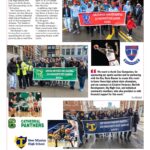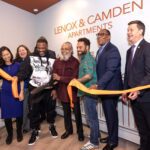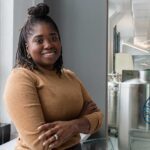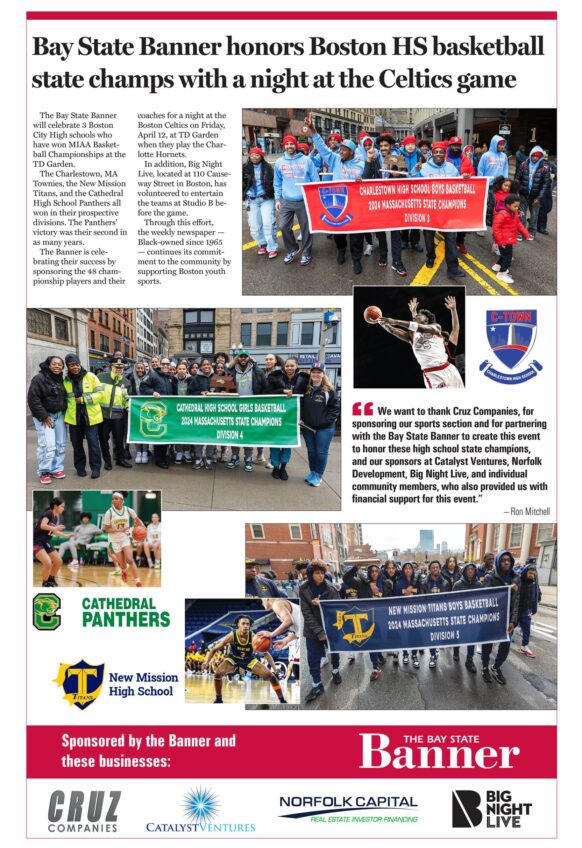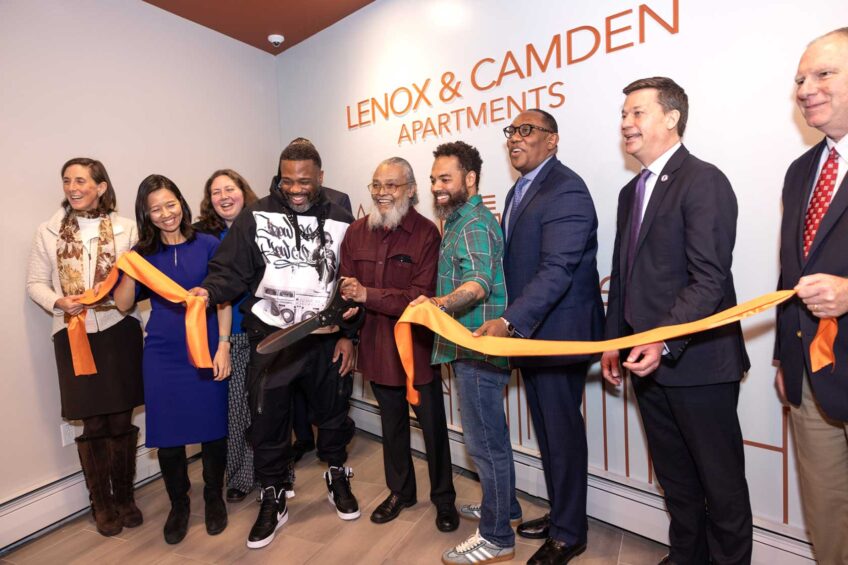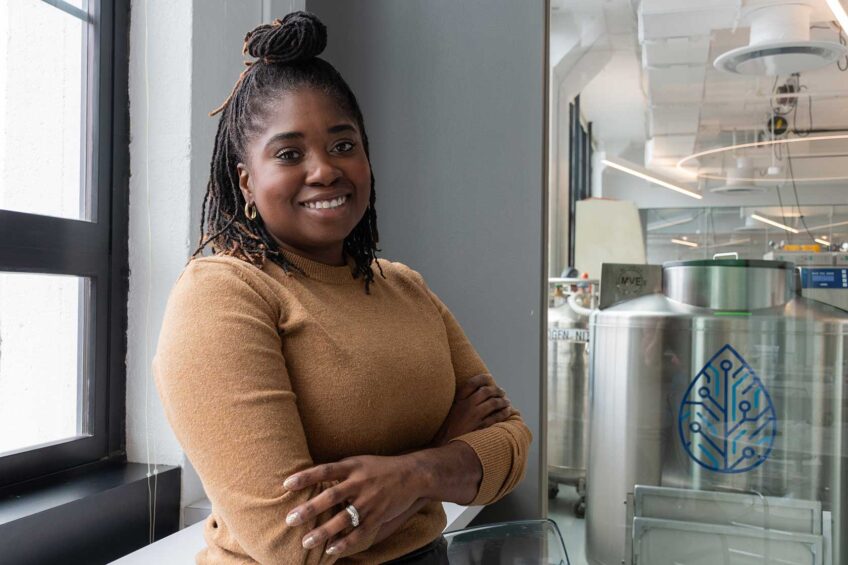CAMBRIDGE — With many still searching for answers after the arrest of Harvard University Professor Henry Louis Gates Jr., a multidenominational spiritual community hosted a “day of unity and healing” on Sunday designed to restore residents’ faith in a city that has long taken pride in its cultural and intellectual diversity.
Carole Cornelison, chairperson of the steering committee for Unity Cambridge, said the gathering was being held “as a way to open a dialogue and promote healing and understanding across racial and cultural lines.”
Just over two-thirds of Cambridge residents are white, according to estimates from the U.S. Census Bureau’s American Community Survey, with blacks comprising an estimated 12.6 percent of the city’s population, Asians accounting for 14.4 percent and Hispanics making up 6.1 percent. The city also boasts a diverse faith-based population, which Unity Cambridge seeks to bring together to celebrate what a message on its Web site calls “the power and love of God in every person.”
The 11 a.m. service on Sunday, complete with jazz ensemble accompaniment and a food spread, opened with a rendition of the Burt Bacharach-penned hit “What the World Needs Now Is Love.” In her opening remarks, Cornelison read a letter written by state Rep. Alice Wolfe, D-Cambridge, expressing support for the event. Vice Mayor Sam Seidel echoed those sentiments.
“This is an open, tolerant, gracious and forgiving community that will not be torn apart,” Seidel said.
Members of the Baha’i, Buddhist, Jewish and Baptist faiths addressed the crowd from a podium, offering their own wishes for unity within the city of Cambridge.
Unity Cambridge Minister Rev. Adam Sutton presided over the service, admitting that he previously had reservations about black men in America and discussing the “internalized racism” that led some people to directly link violence and black men in their minds.
In a sermon shared with the approximately 50 attendees, Sutton spoke about the importance of differentiating between what he called “victor consciousness” and “victim consciousness.”
“In traveling from a victim to victor consciousness, we return to an understanding of what is real,” said Sutton. Sutton stressed the importance for the city of Cambridge to take the same journey, especially in wake of Gates’ July 16 arrest, which has been called everything from racial profiling to a hate crime in the ensuing controversy.
Those in attendance Sunday said they were anxious to move on as a city with a more developed understanding of racial and cultural relations in Cambridge. Cornelison said she felt that the discussion during Sunday’s service was only the beginning of that process.
“I think it was a good start, especially with the diversity of people we had here, with the response from Cambridge leadership and response from clergy,” she said. Cornelison said she also envisioned a follow-up discussion that would focus more on the feelings of the audience.
Some have expressed little surprise that the so-called “town and gown” relationship — the division between the city’s non-academic “town” population and its “gown”-wearing university community — may have produced the conditions for the kind of problem that allegedly arose between Gates and Sgt. James Crowley. From his vantage point as both a private citizen and former mayor, City Councilor Kenneth E. Reeves said he feels Cambridge has made significant strides in improving that relationship.
“In terms of city leadership positions, they have become phenomenally diverse … a lot has changed,” Reeves said. “The ‘town and gown’ relationship has improved as well, because both the universities and the municipality understand how we are inter-related.
“What I took from this service [is] that openness and honesty are a couple of the major ingredients to future change,” he added.
Reeves’ successor in Cambridge City Hall, Mayor E. Denise Simmons, said frank discussion of race and class has become a recurring theme of sorts within the city, and is “a conversation that we are not afraid to have.”
Tracking the discussion through history, Simmons said the same discussion was taking place in Cambridge 100 years ago. In that respect, she said, the city is “a microcosm of the United States.” This past spring, Simmons hosted open discussion at City Hall on the topic of race and class in Cambridge.
“We didn’t have to have the [Gates] incident to discuss race and class in this town — we’ve never been afraid to and we will continue to do so,” said Simmons.

